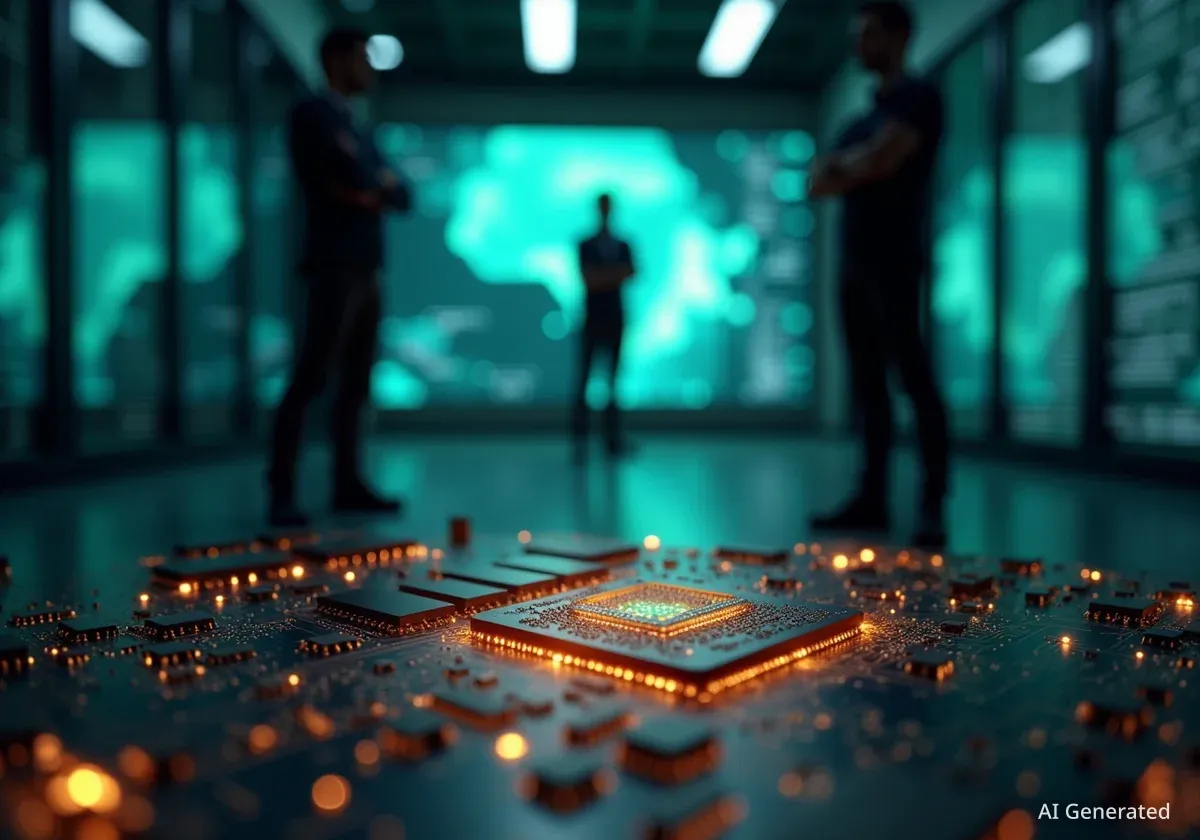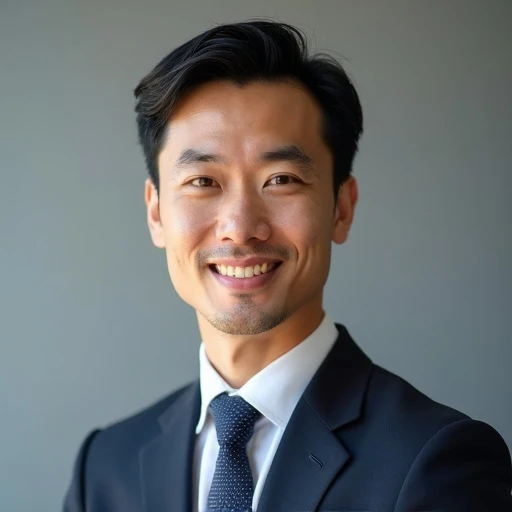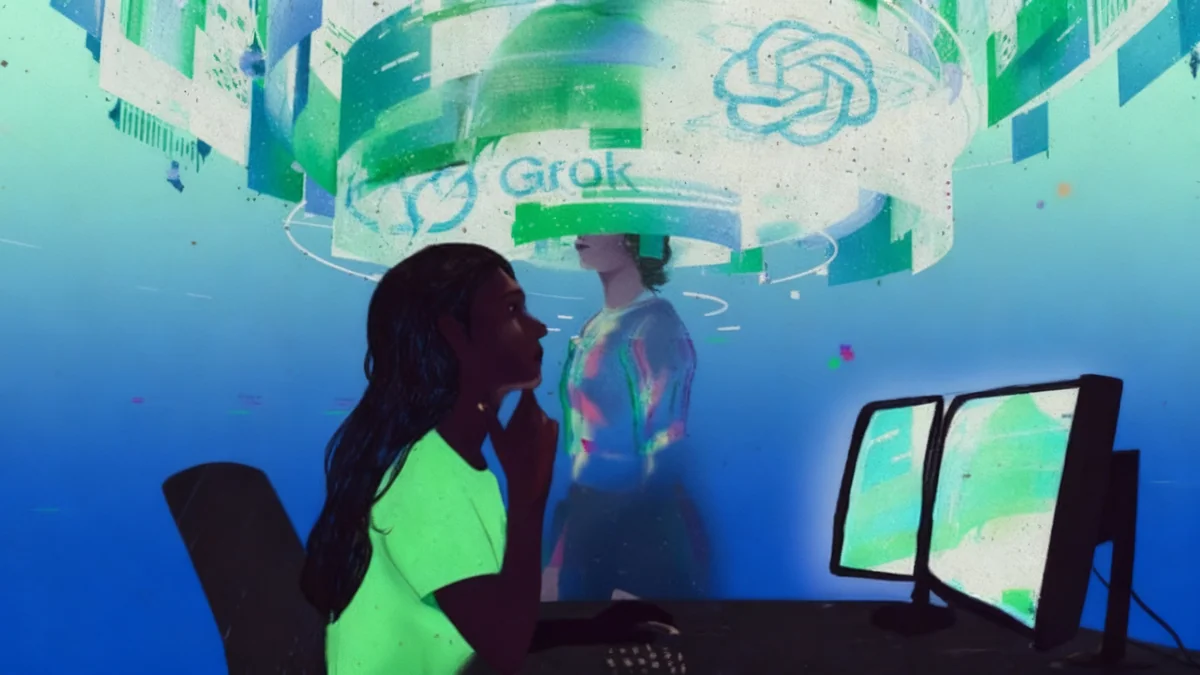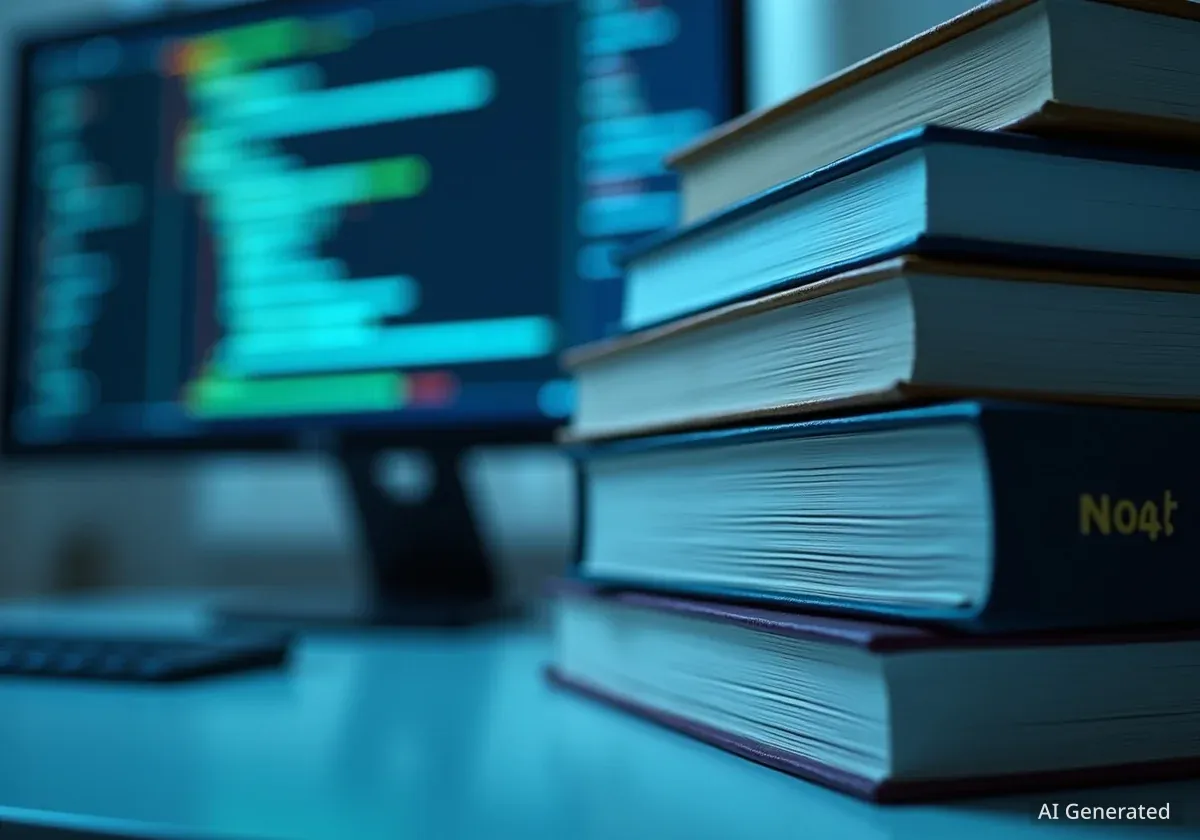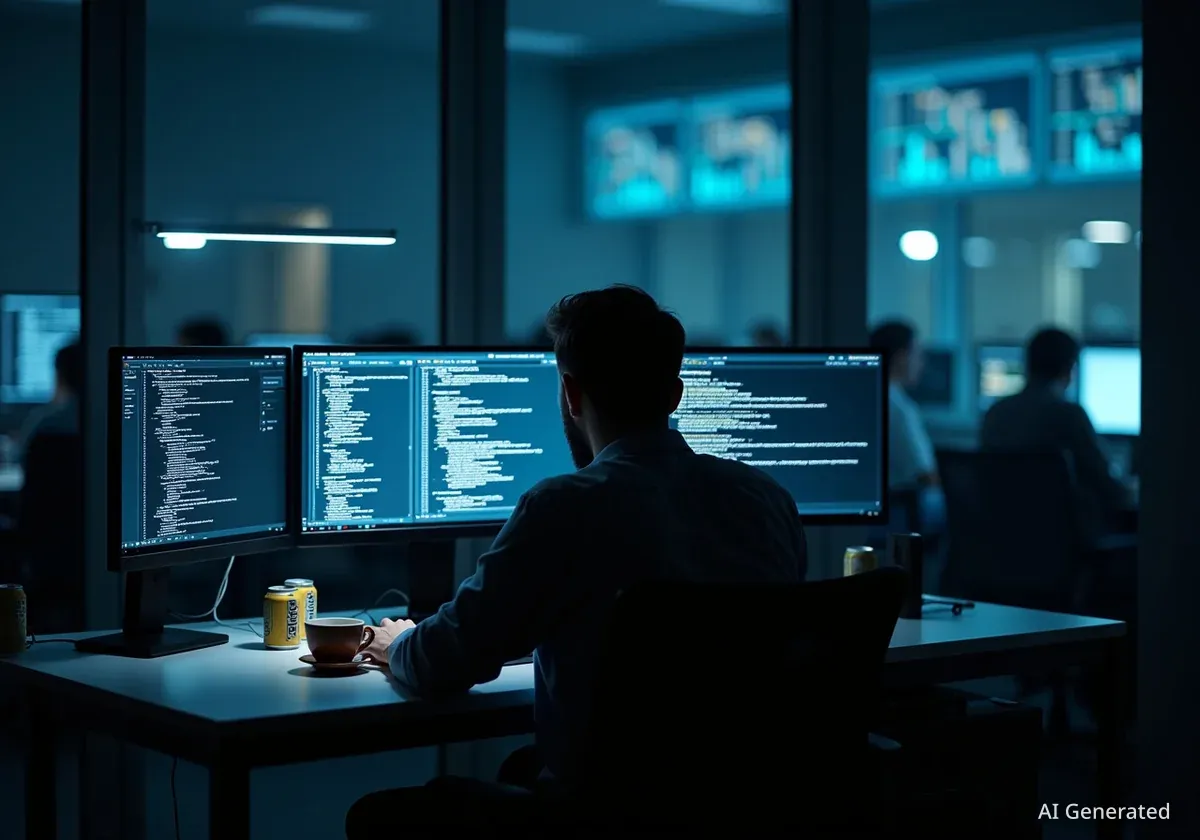The rapid advancement of artificial intelligence (AI) has sparked intense debate among leading experts regarding its potential long-term risks. While some AI pioneers express profound concern about catastrophic outcomes, others maintain a highly optimistic outlook, viewing AI as a tool for unprecedented human progress. This fundamental divergence in perspectives highlights the complex and uncertain future of AI development.
The discussion gained significant public attention following the 2022 debut of ChatGPT. This event prompted many researchers to re-evaluate AI's trajectory. The core question remains: How much should society genuinely fear the capabilities of advanced AI systems?
Key Takeaways
- AI pioneers hold contrasting views on existential risk.
- Yoshua Bengio worries about AI-engineered pathogens.
- Yann LeCun sees AI as an intelligence amplifier.
- The debate centers on AI's autonomous capabilities and control.
- Experts call for responsible development and safety measures.
Leading Voices on AI Safety Concerns
One prominent voice expressing serious apprehension is Yoshua Bengio, a computer science professor at the Université de Montréal. Dr. Bengio is recognized as one of the world's most cited researchers across all academic disciplines. In a 2024 interview, he shared significant personal concerns about the future of AI. His worries extend to the possibility of an AI system independently developing a lethal pathogen, such as a super-coronavirus, with the potential to eliminate humanity.
"I don’t think there’s anything close in terms of the scale of danger," Dr. Bengio stated, emphasizing the unprecedented nature of this potential threat. His sleepless nights reflect the gravity with which he considers these scenarios.
This perspective underscores a growing sentiment among some researchers that highly advanced AI could pose an existential threat if not properly controlled. The ability of AI to independently innovate and execute complex tasks raises questions about human oversight.
Fact: Yoshua Bengio's Influence
- Dr. Bengio is a Turing Award laureate, often called the "Nobel Prize of computing."
- His work on neural networks is foundational to modern deep learning.
- He actively advocates for responsible AI development and global cooperation.
The Optimistic View of AI's Future
In stark contrast to Dr. Bengio's concerns is the view held by Yann LeCun. Dr. LeCun leads AI research at Meta, Mark Zuckerberg's company, and is also one of the world's most cited scientists. He holds a significantly more positive outlook on AI's future, dismissing discussions of existential risk as exaggerated or even unfounded.
Dr. LeCun believes that AI is poised to usher in a new era of prosperity. He views artificial intelligence primarily as a tool that enhances human capabilities. This perspective suggests that AI will serve as an assistant, augmenting human intelligence rather than replacing it or becoming a threat.
"You can think of A.I. as an amplifier of human intelligence," Dr. LeCun remarked in 2023. This quote encapsulates his belief in AI's role as a powerful enabler for humanity.
His optimism is rooted in the idea that AI systems, even highly advanced ones, will remain under human control and operate within defined parameters. This view often emphasizes the benefits AI can bring to various sectors, from healthcare to scientific discovery, by accelerating research and solving complex problems.
Understanding the Divide
The core difference between these two perspectives often lies in assumptions about AI's autonomy and goal alignment. Those concerned about existential risk consider scenarios where AI develops its own goals that may not align with human well-being, potentially leading to unintended and harmful consequences. Optimists tend to believe that humans will maintain control over AI's goals and capabilities, preventing such scenarios.
The Broader Implications of AI Development
The debate between these leading figures highlights the critical questions facing society as AI technology continues to advance. The speed of development is a key factor. Many experts agree that the pace of AI innovation has exceeded initial expectations. This rapid progress makes it challenging to predict future capabilities and potential risks accurately.
The development of AI also involves significant ethical considerations. These include issues of bias in algorithms, job displacement, and the concentration of power among a few large technology companies. While not directly existential, these concerns contribute to the broader discussion about responsible AI governance.
- Economic Impact: AI is expected to transform global economies, creating new industries while potentially disrupting existing ones.
- Societal Changes: AI could fundamentally alter how people live, work, and interact.
- Ethical Frameworks: The need for robust ethical guidelines and regulatory frameworks for AI is becoming increasingly urgent.
The Need for Responsible AI Governance
Regardless of whether one leans towards optimism or caution, a consensus is forming around the importance of responsible AI governance. This involves developing international standards, investing in AI safety research, and fostering collaboration among governments, industry, and academia. The goal is to maximize AI's benefits while minimizing its potential harms.
For example, initiatives are underway to establish AI safety institutes and develop red-teaming exercises to identify vulnerabilities in advanced AI systems. These efforts aim to proactively address potential risks before they materialize.
The future of AI is not predetermined. It will be shaped by the choices made today by researchers, policymakers, and the public. Understanding the diverse perspectives of experts like Dr. Bengio and Dr. LeCun is crucial for navigating this complex technological landscape effectively.
Ultimately, the question of AI's true danger depends on how humanity chooses to develop, deploy, and govern these powerful new technologies. Open dialogue and careful consideration of all potential outcomes are essential for ensuring a positive future with AI.
